Subtotal: $399.00

Analog sound recorded on magnetic tape has several distinct advantages over digital sound. One of the main advantages of magnetic tape is its warmth and richness of sound. The tape’s magnetic particles create a subtle distortion that can add depth and dimension to the sound, giving it a more natural and organic feel. This makes magnetic tape recordings more pleasing to the ear and more emotionally engaging than digital recordings, which can sound sterile and artificial in comparison.
Another advantage of magnetic tape is its ability to handle a wide dynamic range. Tape can capture the full range of sound, from the softest whispers to the loudest explosions, without compressing or distorting the sound. This makes tape particularly well-suited for recording live performances and other dynamic sounds, such as classical music or jazz.
Magnetic tape is also known for its longevity, it can last for decades without losing its quality, whereas digital recordings can suffer from bit-rot and other forms of degradation. This makes tape a better choice for archival purposes and for preserving the integrity of historical recordings.
Additionally, Analog recording on magnetic tape is often considered to be better for mastering and finalizing audio recordings. Many music producers prefer to use tape to create a warm, rich and full sound. Tape equipment allows more flexibility to fine-tune the sound and make it more natural.
In conclusion, while digital sound has its advantages, such as the ability to store large amounts of data and the ease of editing and manipulating sound, analog sound recorded on magnetic tape has its own unique charm that is hard to replicate digitally. The warmth and organic nature of magnetic tape recordings, its ability to handle wide dynamic range and its longevity makes it a very popular choice for professional music recording and archival purposes.

 Pioneer CLD-2070 LaserDisc Player
Pioneer CLD-2070 LaserDisc Player 
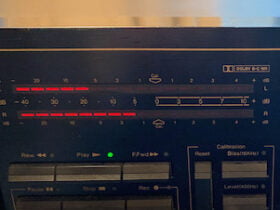
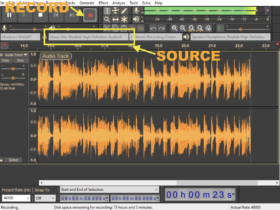
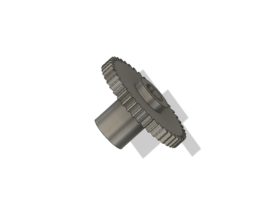
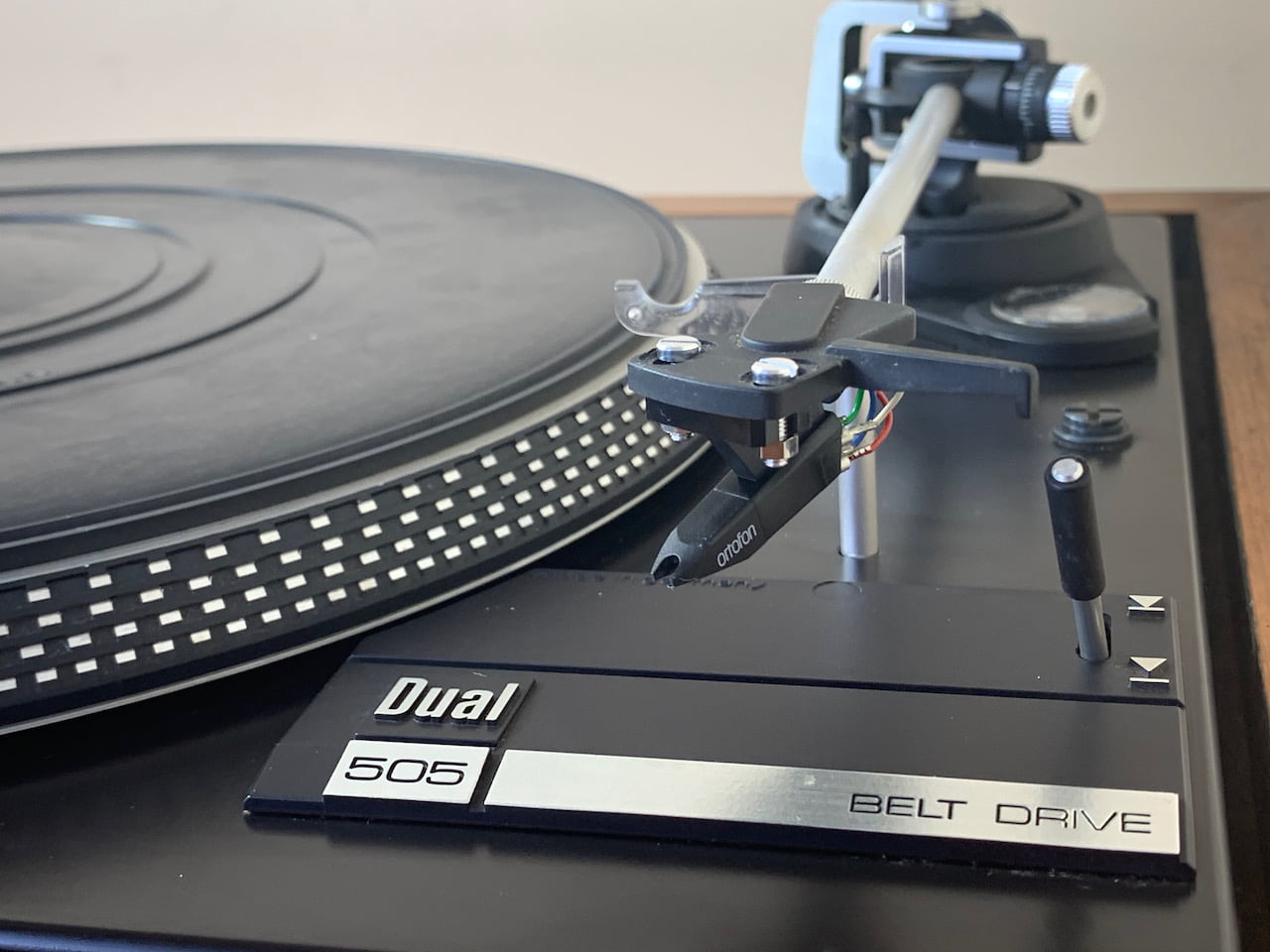
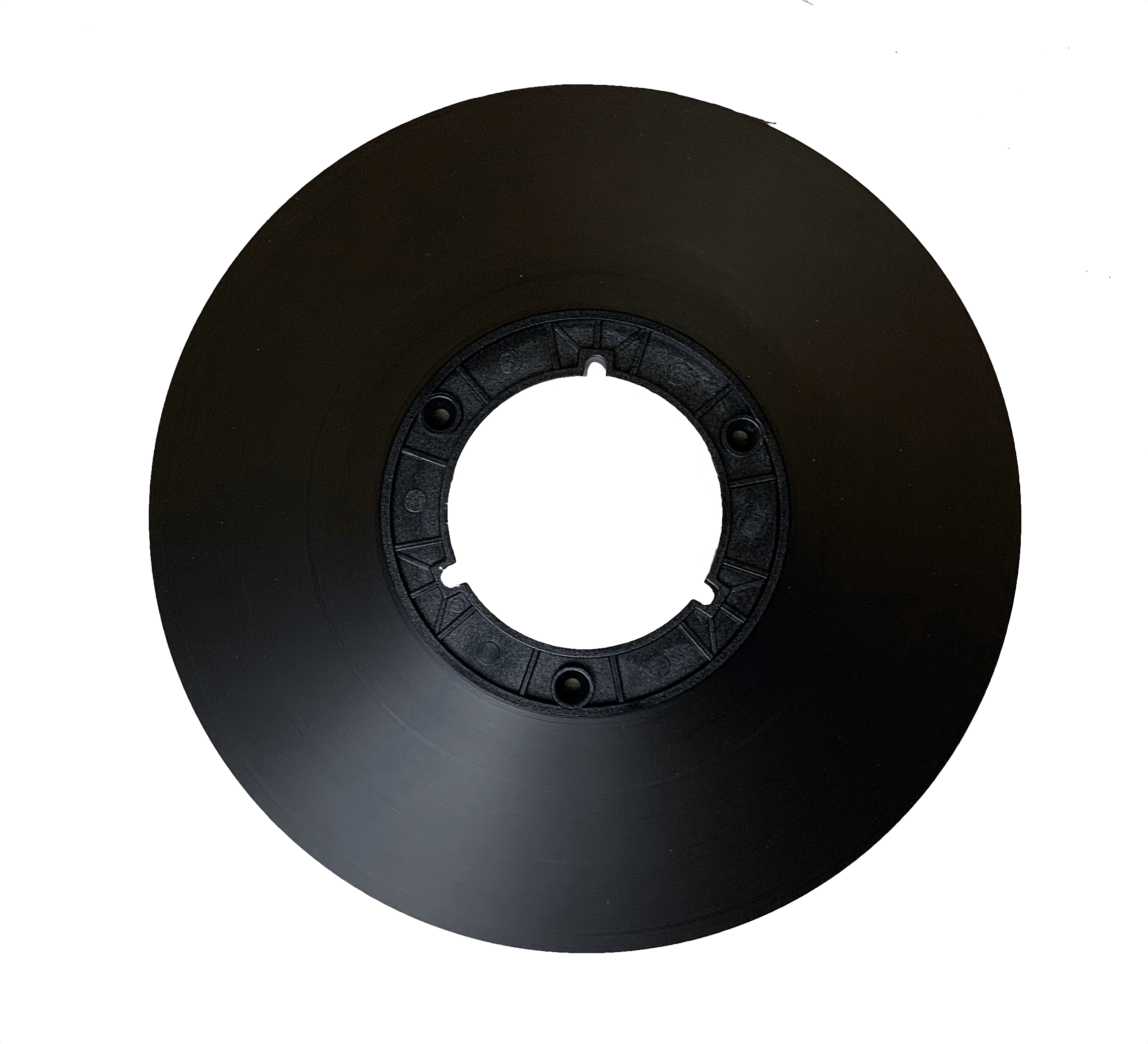
Actually, digital has far greater dynamic range due to lower noise floor.